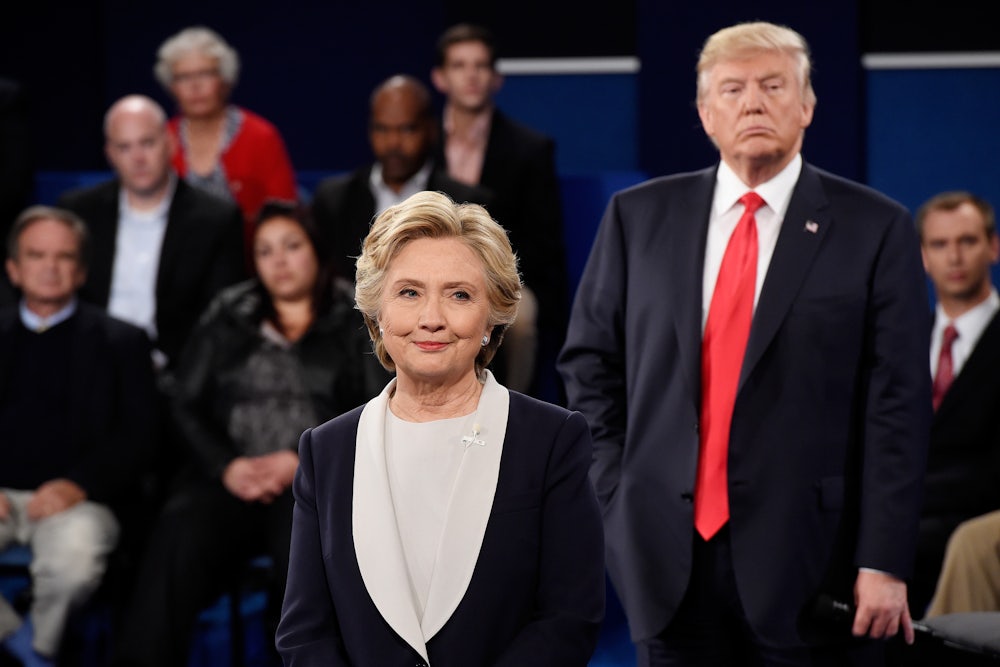On Tuesday, The Hill reported that the FBI began investigating Russian attempts to influence the American nuclear industry in 2009, a year before the Obama administration approved a deal “giving Moscow control of a large swatch of American uranium.” As part of that investigation, “the FBI gathered substantial evidence that Russian nuclear industry officials were engaged in bribery, kickbacks, extortion, and money laundering designed to grow Vladimir Putin’s atomic energy business inside the United States” and that Russian officials had “routed” millions to the Clinton Foundation in an attempt to influence the deal. Hillary Clinton was, at this point, serving as secretary of state, though no one had been able to show she was a decisive factor in the deal’s approval.
Conservative media has taken up the story, calling for a congressional investigation. And Donald Trump, master of whataboutism, predictably took up the issue and ran with it.
Uranium deal to Russia, with Clinton help and Obama Administration knowledge, is the biggest story that Fake Media doesn't want to follow!
— Donald J. Trump (@realDonaldTrump) October 19, 2017
.@foxandfriends "Russia sent millions to Clinton Foundation"
— Donald J. Trump (@realDonaldTrump) October 19, 2017
As Commentary’s Noah Rothman persuasively argues, this is a big deal primarily because many important players in the Russia investigation—including special counsel Robert Mueller and Deputy Attorney General Rod Rosenstein—were involved in the FBI investigation. “Anyone who wants to undermine the legitimacy of that probe and attack the characters of its principal investigators, though, now has a trove of new ammunition at their disposal,” Rothman writes.
But this is still a problem of scale, as a piece by Hot Air’s Ed Morrissey makes clear:
That smells like a political cover-up of the first magnitude. Rather than hyperventilate over Facebook ads and Twitter trolls, perhaps Congress and the current Department of Justice should look into what the FBI found in 2009-10, how much of it benefited Bill and Hillary Clinton—and why the DoJ and the Obama administration never briefed the intelligence committees on this Russian collusion operation.
“Rather than hyperventilate over Facebook ads and Twitter trolls” is what we call a tell. Anyone who addresses this controversy has to deal with the fact that Russian intervention in the 2016 election is more important than the Obama administration deciding it wanted to reset relations with Russia. The latter may have been a flawed decision, but it was ultimately diplomatic; the former, on the other hand, is foreign intervention in American elections. Meanwhile, the president of the United States has consistently dismissed the investigation into that intervention and denied that any intervention existed, all while praising Russia’s strongman leader.
There are a couple other problems with the conservative outrage over this deal. One, Moscow wanted Donald Trump to win the election, not Hillary Clinton. Two, Trump is now president, not Clinton.
